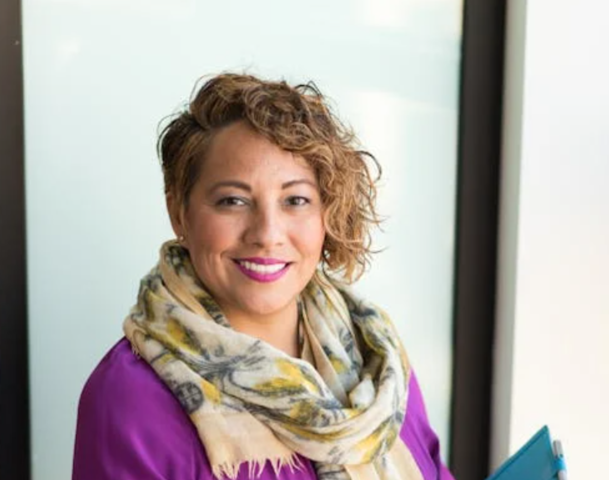Free yourself from the past and from that burden that does not allow you to evolve spiritually. This article will guide you through the process of acknowledging your mistakes, taking responsibility for your sins and offering the necessary forgiveness to yourself and others.

"If we confess our sins, he is faithful and just and will forgive us our sins and purify us from all unrighteousness." 1 John 1:9
Acknowledging our mistakes is the first step towards healing. We have all made mistakes at some point in our lives, but it is important not to remain trapped in guilt. Confessing our sins to God frees us and allows us to start anew, knowing that His love and mercy are always present to cleanse us from all unrighteousness.
Choosing to recognize our errors before the Lord and ask for His forgiveness is a sign of humility and spiritual maturity. It brings us closer to His grace and allows us to live in peace, knowing that we are understood and loved by Him.

"For if you forgive other people when they sin against you, your heavenly Father will also forgive you." Matthew 6:14
Forgiveness is an act of love that we must practice not only towards others but also towards ourselves. Forgiving those who have wronged us is a divine command that reflects our heavenly Father’s compassion. Equally important is freeing our hearts from personal grudges and self-reproach that distance us from inner peace.
Forgiving ourselves means accepting our humanity and recognizing that, although imperfect, we are worthy of God’s love and grace. This acceptance allows us to move forward with a lighter heart and be open to the blessings of the Holy Spirit.

"And forgive us our debts, as we also have forgiven our debtors." Matthew 6:12
Asking for forgiveness is an act of courage and faith. It reminds us of our dependence on God and His infinite mercy. By forgiving and being forgiven, we free our spirit from unnecessary burdens and prepare ourselves to receive the peace that only He can give.
It is crucial to understand that forgiveness is not a one-time event but a continuous process. In every prayer, by handing our offenses over to the Lord, we renew our commitment to live in His love and follow His path of righteousness and peace.

"Then Peter came to Jesus and asked, 'Lord, how many times shall I forgive my brother or sister who sins against me? Up to seven times?' Jesus answered, 'I tell you, not seven times, but seventy-seven times.'" Matthew 18:21-22
Jesus’ message about forgiveness is clear: we must forgive without limits. Repeatedly practicing this act strengthens us and makes us more like Christ, who taught us to love unconditionally. By practicing continuous forgiveness, we learn to let go of resentment and embrace compassion and love in all our relationships.
Accepting this teaching helps us build a richer and fuller spiritual life, where God’s love and mercy are reflected in every action and thought. By following His example, we become true disciples of faith, living in harmony with His will and extending His grace to those around us.
The spiritual journey of self-acceptance and forgiveness is essential for achieving inner peace. Recognizing our faults, taking responsibility for our sins, and forgiving ourselves and others brings us closer to God and His unconditional love. This path, although challenging, leads us to a state of grace and divine understanding, transforming us into more compassionate beings at peace with our inner selves.